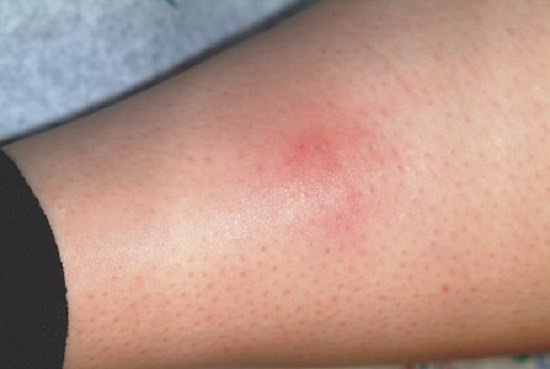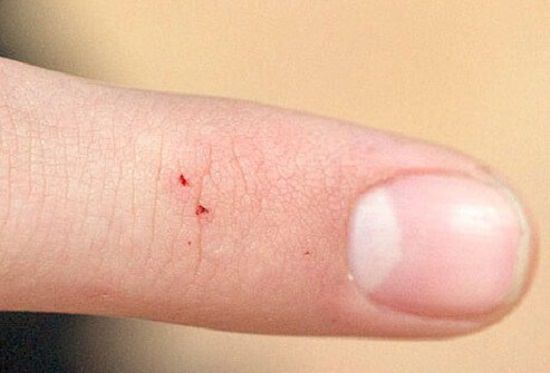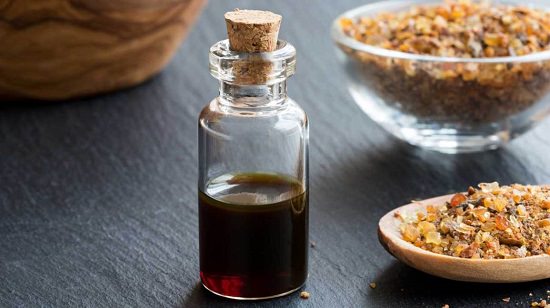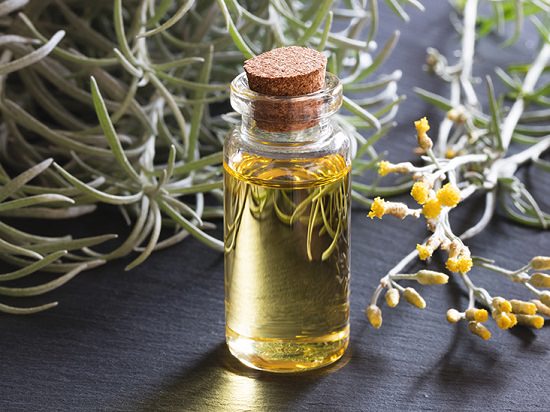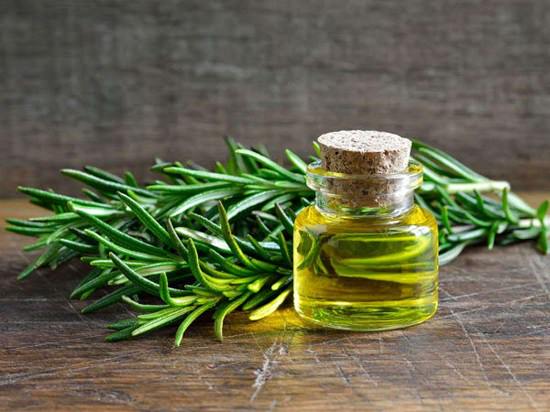Try these essential oils for a brown recluse spider bite to soothe the pain and itching naturally. Follow the article to collect more information.
How to Soothe a Spider Bite?
A spider bite is also termed “Arachnidism.” Bites from the Recluse spiders can cause “Loxoscelism,” where the skin turns dusky and opens because the skin around the edge gets necrotic. The consequences of spider bites aren’t usually severe and can be treated at home, but in rare situations, they can cause severe pain or result in a necrotic wound.
Bites from the recluse or widow spiders can be toxic for humans and require immediate medical attention. Probable symptoms associated with a spider bite include pain, swelling, itching or a rash, muscle pain or cramping, blisters. More serious spider bites may include any or all of the previously mentioned symptoms, as well as:
- Sweating
- Difficulty breathing
- Fever
- Chills
- Nausea and Vomiting
- High blood pressure
- Headache
- Muscle spasms.
On Discovery of Spider Bite
- Rinse the area properly with soap and water to wash away any venom, dirt, or bacteria. This will reduce the risk of infection.
- Apply ice over it on and off for at least 10 minutes.
- To minimize the swelling, raise the body part where the spider has bit you.
- Take an antihistamine for the itching or apply an antibiotic ointment if you notice any blisters.
- Seek medical help if severe symptoms occur.
Spiders That Bite
Spiders usually avoid us as much as we want to avoid them, but when threatened, spiders will bite. Bites from spiders like the cellar spider, funnel web weaver spider, huntsman spider, jumping spider, red-legged widow spider are usually not toxic and can cause only minor irritation unless you’re allergic. But bites from the brown recluse, black widow, hobo spider, tarantula, or the Brazilian wandering spider can be highly venomous and require medical attention.
Essential Oils for Brown Recluse Spider Bite
Certain essential oils act against the toxins and help with pain and healing. Applying these essential oils to the spider bite can soothe the pain and relieve the swelling.
1. Frankincense Oil
Frankincense essential oil exhibits anti-inflammatory properties that prove helpful in reducing the inflammation of a spider bite.
2. Myrrh Oil
Myrrh oil is rich in Antioxidants (Terpenoids) and anti-inflammatory properties, both of which helps in soothing the bite.
3. Oregano Oil
Carvacrol present in the oil eliminates microbes and prevents the possibility of any further infection.
4. Peppermint Oil
Menthone and Menthol in the oil have anti-inflammatory properties which relieve pain and erythema.
5. Helichrysum Oil
The oil helps in the rapid healing of the wound by removing the dead cells and increasing the production of new cells.
6. Lavender Oil
Lavender essential oil helps in the regeneration of cells, which improves the healing speed and prevents scarring.
7. Basil Oil
It contains Eugenol, which exhibits strong anti-inflammatory properties.
8. Tea tree Oil
Also called Melaleuca oil, tea tree oil is known for its anti-viral, anti-inflammatory, and anti-bacterial properties.
9. Wintergreen Oil
Methyl salicylate present in wintergreen oil fights inflammation and improves blood circulation.
10. Rosemary Oil
Rosemary oil is long been used as a natural pain reliever and it increases blood circulation, which helps in reducing swelling.
How to Apply?
- Mix 4-5 drops of any essential oils mentioned above with a suitable carrier oil like coconut oil, shea oil, jojoba oil, almond oil.
- Apply the oil on the affected area and let it stay. You can cover the part with a cloth or choose to leave it open.
If the above-mentioned essential oils don’t help, immediately consult a doctor if the symptoms persist or worsen.
Few Instructions to Avoid Spiders
Always ensure that you regularly vacuum nooks and corners of your house or wherever there are visible webs and/or spider activity. A clutter-free environment ensures that spiders don’t get to build their webs easily. Additionally, avoid stacking piles of wood and useless things in and around your home. If you suspect that spiders may have a home inside your wardrobe, shake your clothing, blankets, shoes, and other accessories before using them.
Stone walls are the go-to place for spiders to build their webs, therefore exercise caution near such walls. Store your tools in tightly sealed plastics pouches. Furthermore, before putting your hand in a container or box, always double-check for webs and spiders. Seal off possible cracks, crevices, and holes in the walls and floors to avoid spiders entering your home.
Always wear shoes or slippers in and outside the house. Use insecticides or peppermint oil around nooks and cracks. Wear long sleeves, long pants, and closed shoes in areas where spiders can hide.

